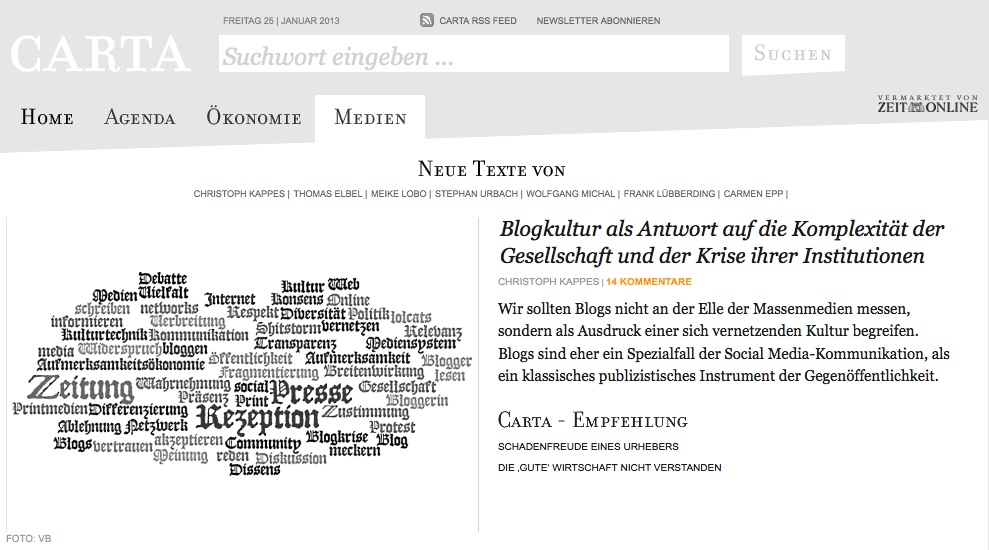Traditional publishing business models have been challenged in the past decade as advertising revenues and profits decline. At the same time alternative business models have started to appear. Crowdfunding is one that has particularly captured the public’s imagination and a variety of these platforms, which can be useful for journalistic projects, have been launched in different countries. However new research indicates that crowdfunding is unlikely to compensate for the present economic changes in the industry.
Researchers from the Macromedia University of Applied Sciences in Cologne and from the Westfalian University of Applied Sciences in Gelsenkirchen, Germany, analysed 25 crowdfunding platforms in the United States, Canada, Great Britain, Ireland, Germany, Australia and New Zealand. A multiple case study approach was used and guideline-based interviews with the platform operators supplemented the collected data. Key questions focussed on financing models, success rates, marketing requirements and self-conception, as well as organisation of journalistic projects.
Some preliminary results were presented at the 5th European Communication Research and Education Association (ECREA) Conference in Lisbon in November 2014. Here are some of the findings: Only six of the 25 analyzed platforms (which were studied in September 2013 and one year later, in September 2014) were devoted exclusively to journalistic projects. Four of those specialized platforms are situated in the US. The first platforms were founded in 2011, 15 have been in operation for more than one year. While 10 new platforms launched in 2014, four platforms closed in the 12 months between 2013 and 2014.
Most of the 25 crowdfunding platforms studied are still in operation but – on closer examination – they are subject to a process of differentiation.
Around 100 employees work for the biggest US crowdfunding platform, kickstarter. Most other platforms employ significantly fewer people. Additionally many platform employees work only part-time. Most platforms follow a so-called “ebay principle”: “If you want to sell something, you have to do the marketing on your own.” Only three crowdfunding platforms offer coaching, for an additional fee. Most (22) platforms operate without any marketing support for project providers.
In more than three quarters of the analyzed platforms a minimum funding has to be reached to start the project. This means that journalists have to act beyond content production and undertake marketing efforts themselves
Depending on the platform, around one third or two thirds of all projects gather enough funding to become executed. But the percentage of journalistic projects is very low. In the case of kickstarter there were only 426 successful journalistic projects out of a total of 70,383 realized projects. In other words: only 0.6 per cent of all executed projects had a journalistic aim.
In the case of the German crowdfunding platform, startnext, the journalistic projects add up to only three per cent. This demonstrates that journalism does not seem to be a very attractive opportunity for crowdfunding.
In conclusion there is a small “market” of crowdfunding platforms with certain changes in size, financial model and geographic reach. There is also a tendency of concentration and market consolidation. While the number of “allrounders” grows – even in the journalistic segment – the platforms that specialise in journalism stagnate or disappear. Taking a look at the number of journalistic projects on all platforms, they seem to be rather unattractive for sponsors.
Thus crowdfunding can be considered only as a supplement to classic journalistic business models. From a current market perspective, crowdfunding does not seem to be able to provide significant funding for journalism.
sources: Degen, M. / Spiller, R. / Köhler, A. (2014): Crowdfunding in journalism – an international comparative study, presentation at ECREA’s 5th European Communication Conference “Communication for Empowerment: Citizens, Markets, Innovations”, Lisbon, Portugal, Nov.12th to 15th 2014.
pic credit: Rocio Lara, Flikr









































